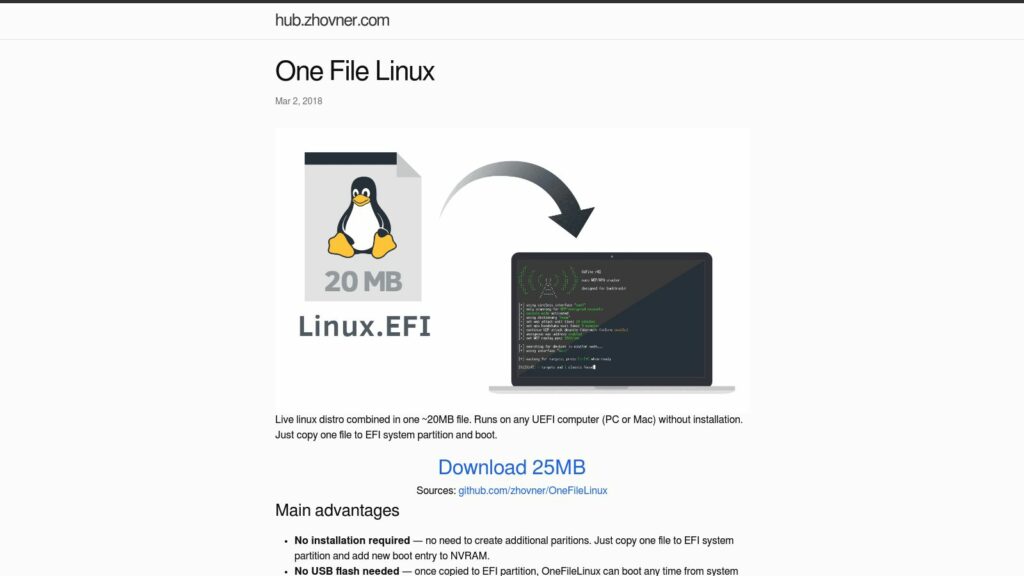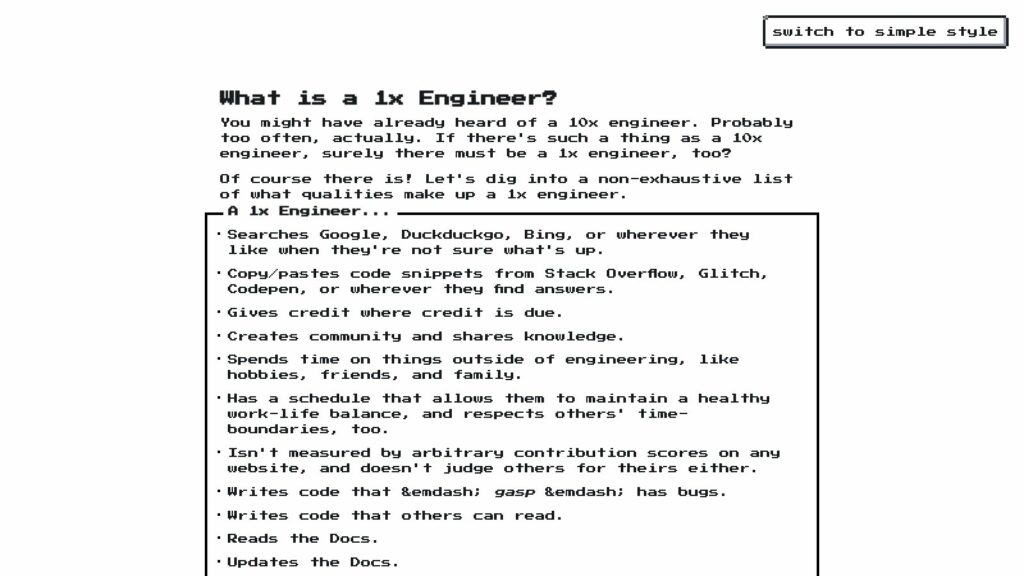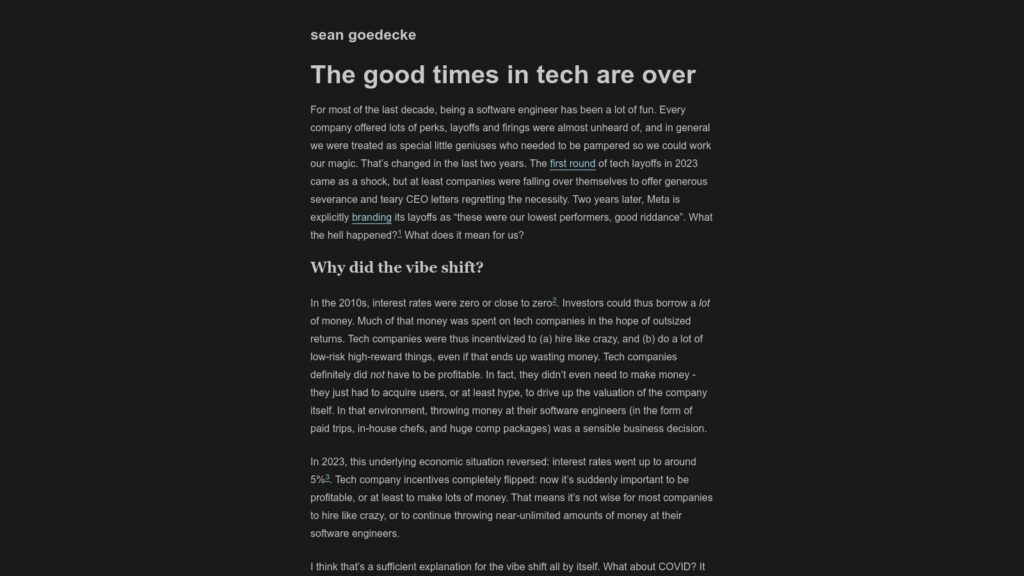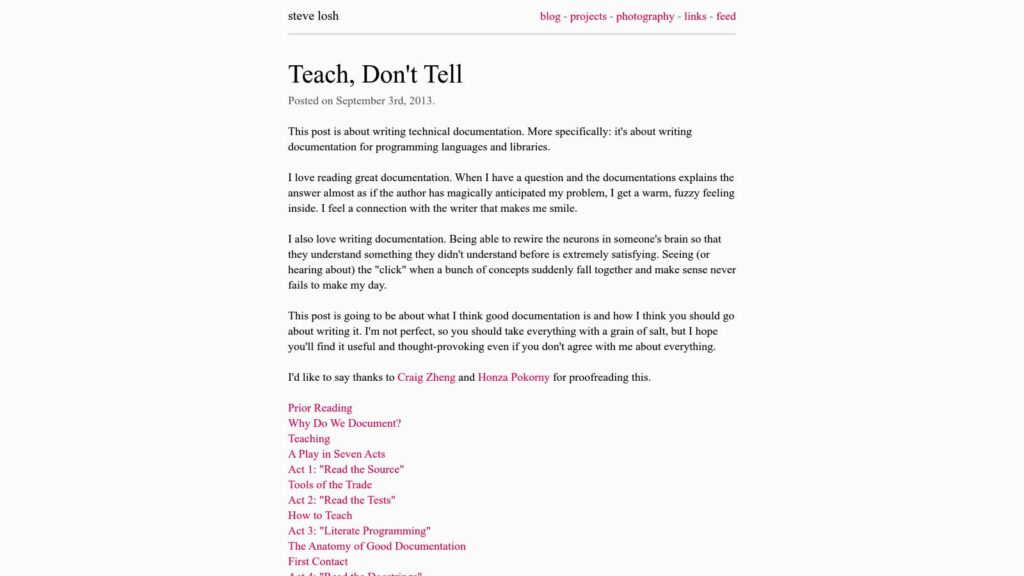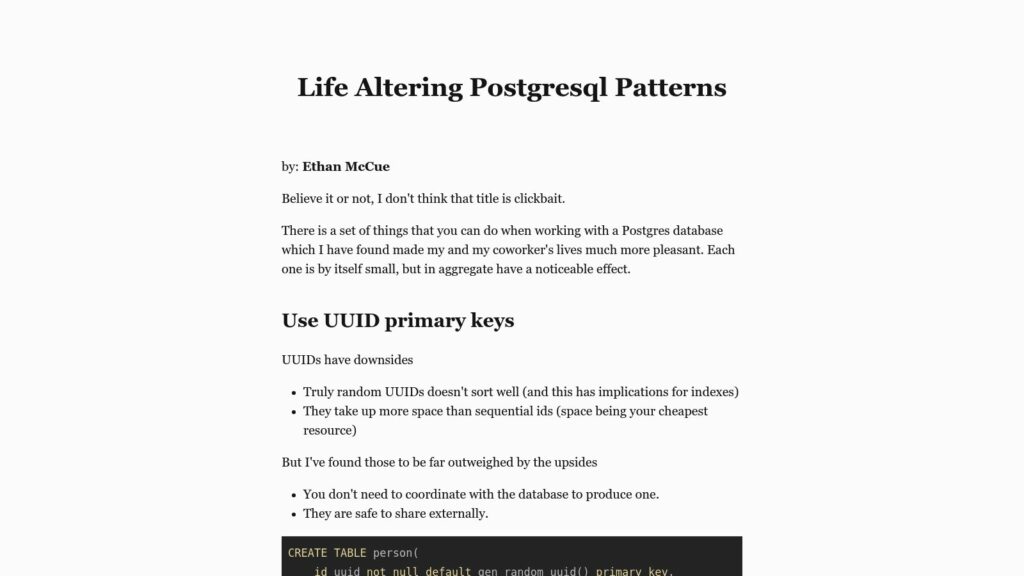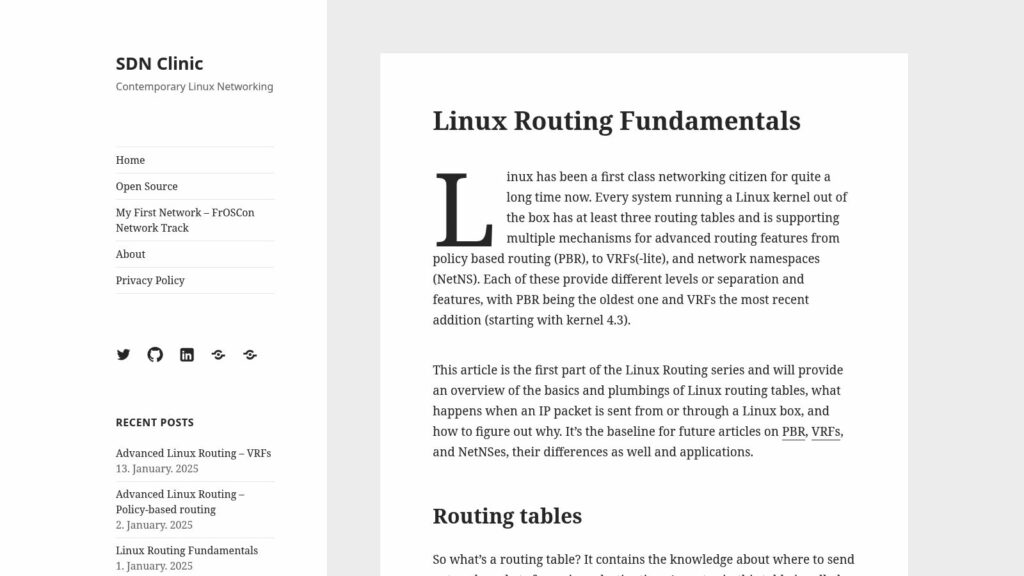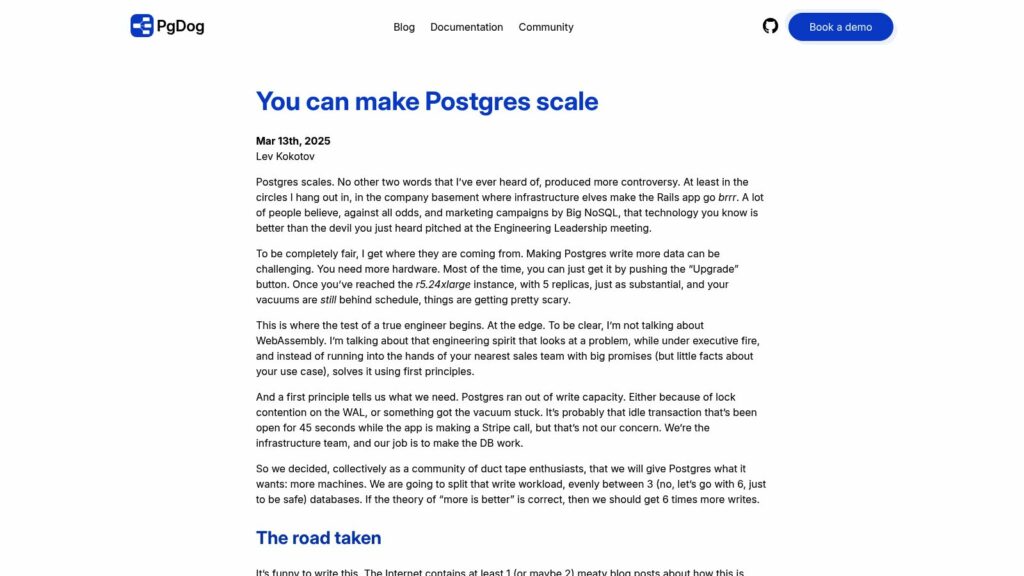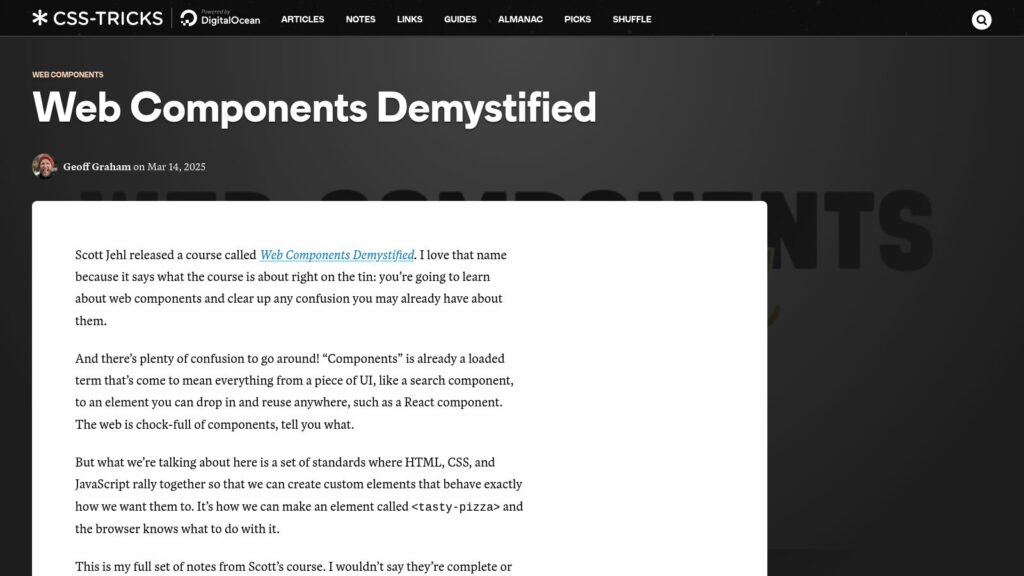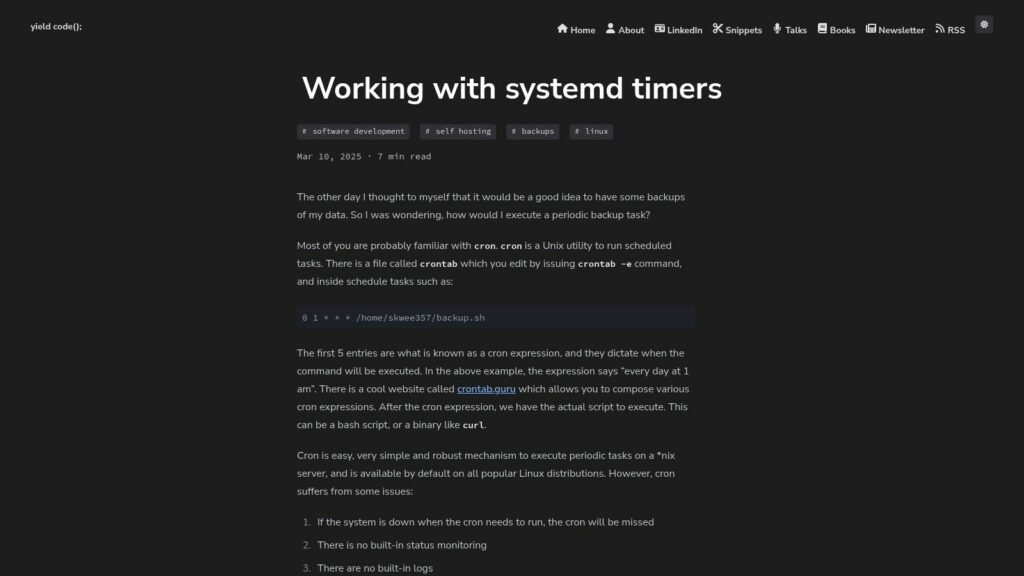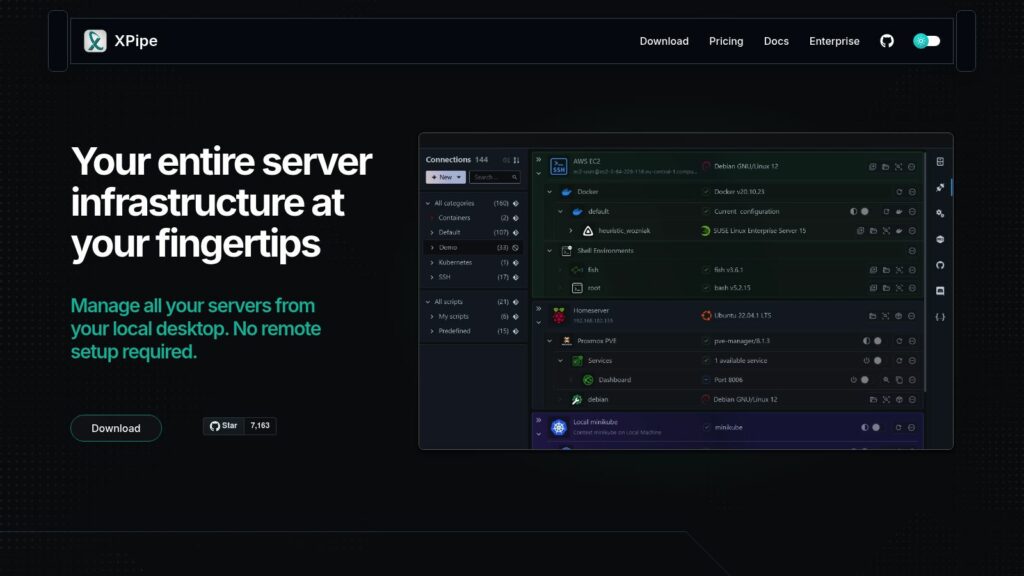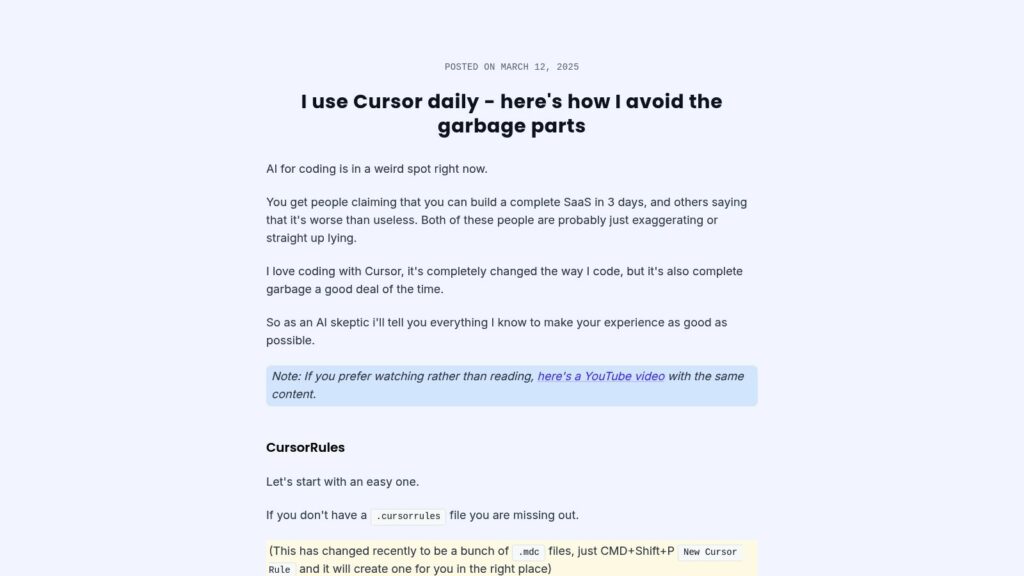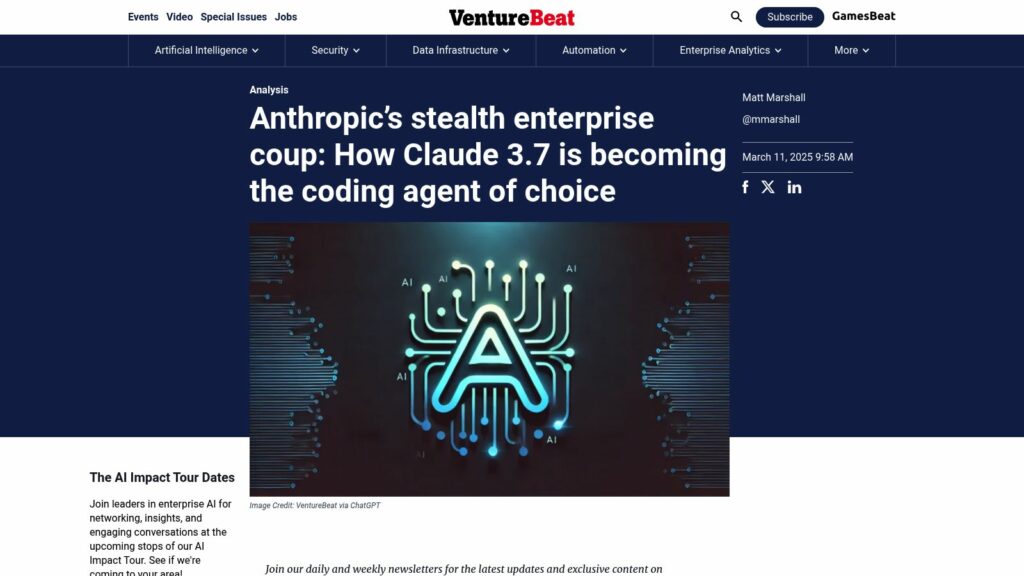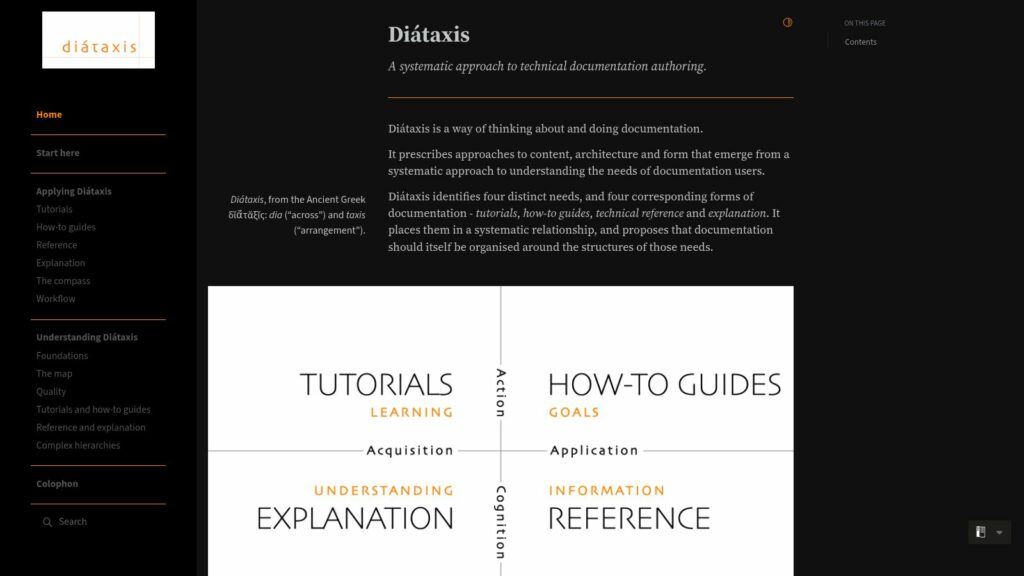Web Components Overview:
Scott Jehl's course “Web Components Demystified” clarifies concepts around custom elements in web development. Web components consist of custom elements, HTML templates, and shadow DOM. Custom elements are user-defined HTML tags with specific functionalities, while templates facilitate reusable markup hidden from direct rendering. Shadow DOM encapsulates an element's internal structure, isolating it from external styles and scripts.
Key Concepts:
1. Custom Elements: User-defined tags behaving per specifications (e.g.,
2. HTML Templates: Hidden markup for reuse (e.g.,
3. Shadow DOM: Isolated DOM for styles and scripts (e.g., encapsulated styles).
Development Details:
– Activity in custom elements includes lifecycle management (constructed, connected, and more), utilizing JavaScript for behavior customization.
– Shadow DOM encapsulation requires understanding and techniques to cross-interact with external elements.
– Care should be taken when building web components for forms to ensure accessibility and functionality.
Styling and Attributes: Styling web components can be achieved using regular CSS, while maintaining proper encapsulation and avoiding standard attribute conflicts. Various examples illustrate the practical implementation end-to-end across components.
Overall, the course equips developers with an understanding of creating and managing web components within modern web applications, highlighting both the simplicity and complexity of component architecture.
https://css-tricks.com/web-components-demystified/

